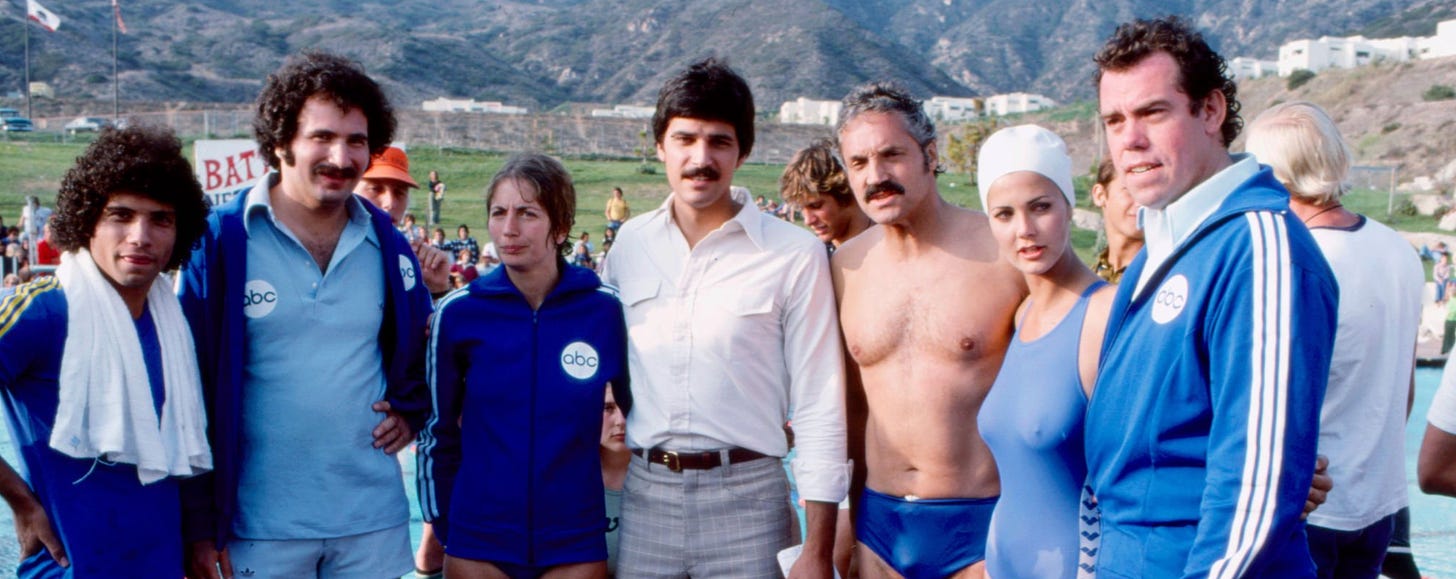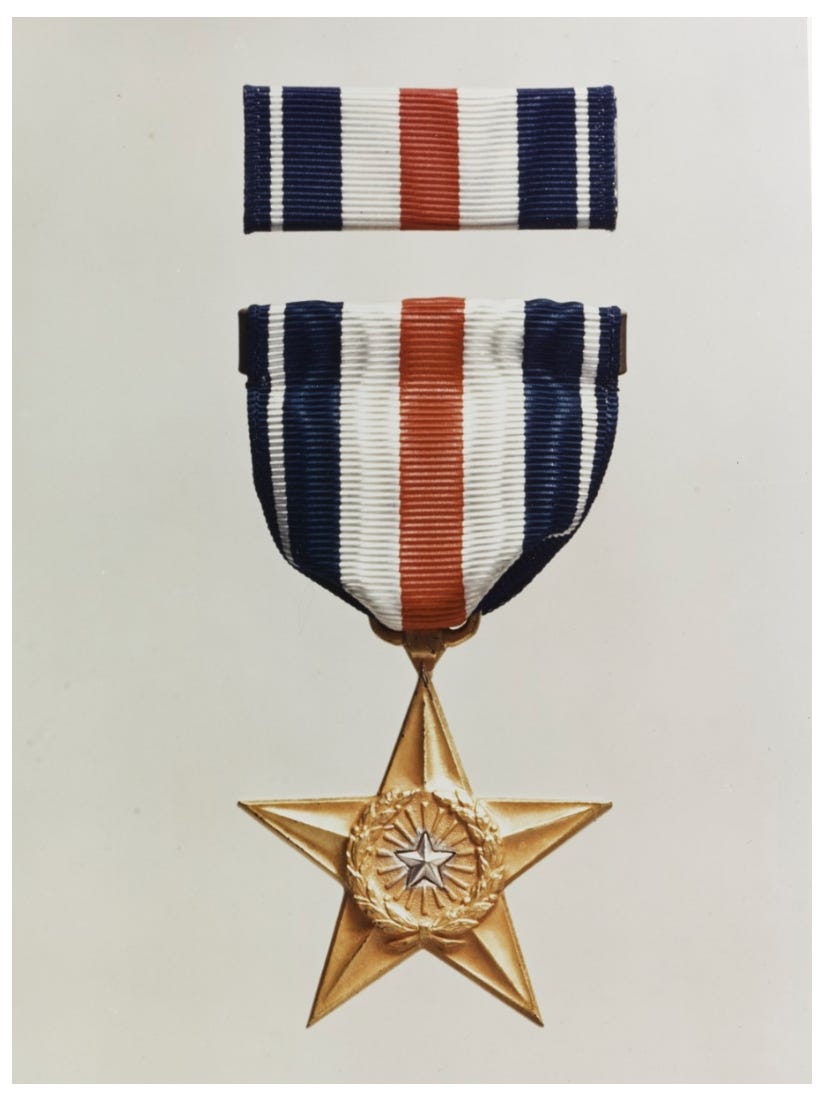There are three secular American holidays which I love: Memorial Day, the Fourth of July, and Thanksgiving. (I know Thanksgiving could, arguably, be called a religious holiday because the idea of giving “thanks” was inherently religious among its first celebrants, but thanks is universal, so I consider it a secular observance.) As I’ve written before, the reason I love these holidays in particular is because they still, by and large, mean today what they meant when they began. We give thanks on Thanksgiving, celebrate our independence on Independence Day, and memorialize on Memorial Day.
Memorial Day, of course, is difficult to consider a “holiday,” in the celebratory sense, but easy to consider a “holiday” in the sense of the sacred or holy. War heroes have always weighed heavily in the consciousnesses of nations. They are national founders and saviors. They’re the stuff of national myths and legends. They represent the best of us, even though the vast majority of our fallen were just regular men who died in the service of something more than themselves. (I hesitate to say “greater than themselves” because I don’t believe any nation is greater than any of its citizens; if anything, I believe the individual is the nation and the nation is the individual.) Those who die in battle are rightly memorialized, regardless of the circumstances of their deaths.
The last member of my family to die in war was my great-uncle, who served as a navigator in Europe during WWII. His plane was shot down over Austria. The story is he managed to get his crew out of the plane, but couldn’t save himself. For this act, he was awarded the Silver Star.
It never seriously occurred to me to join up. The military wasn’t viewed as a normal career path for kids in my suburban New Jersey hometown. There were a couple kids who enlisted, but I remember the deep distrust I felt towards all things militaristic. This was only 13 years after the end of the Vietnam War. The nation was still hungover from that misadventure, and it was widely assumed among my friend group that the army was immoral and bloodthirsty.
We were wrong.
When I got older, I started to meet men and women in all levels and branches of the armed services. I’ve met rank privates and admirals, pilots and SEALS and submariners. I became friendly with a guy who produced press materials for the navy and one who currently works in signals intelligence. One of my best friends from college quit acting school to join the army, and became a translator. My own brother-in-law was a JAG officer who served tours in Afghanistan and Iraq.
What I’ve learned about the military in the years since I asked a recruiter during my senior year of high school if being gay would affect my chances of promotion (I am not gay, but this was during the years when gay people could not serve, so I was trolling the dude before we had the word “trolling.”) is that the military does an incredible job instilling confidence and pride. It provides often flailing young people with purpose. It gives structure to people who lack structure, and is the best example of meritocracy the country currently has to offer. It’s also one of the few American institutions that throws people of different socioeconomic backgrounds into the pool together and teaches them to rely on each other for survival.
Which is not to say the military isn’t also bureaucratic, political, and prone to corruption. Any massive organization is going to be flawed, and the military is massive, gobbling up thirteen cents of every dollar we spend. Like other institutions, the military is also prone to a CYA (cover your ass) culture that often leads to sclerotic and inefficient decision-making. So I’m not saying it’s perfect by any stretch of the imagination, but it’s probably not a coincidence that the military is one of the few institutions we have left that engenders trust from a majority of Americans.

Look, if it were up to me, we’d shrink our military by at least a third. We’d take some of the money we saved and figure out other ways for young Americans to serve their country that don’t require learning how to kill other people. We’d make a greater effort to apply the meritocratic lessons from the military to society as a whole and see if we can’t use those lessons to help instill a new, cohesive national identity that breaks the current, sulphureous D vs. R mold. What can we learn from the military after they picked themselves up and rebuilt their institution following the disaster of Vietnam, so that we could have the disasters of Iraq and Afghanistan?
(Thanks, George W.)
Finally, as long as it’s Memorial Day, I’d like to take a moment to apply the holiday more broadly to remember the Ukrainians fighting for their country, and for the Israelis and Gazans suffering through their own horrendous war. Today is an American holiday, of course, but those fights are inextricably bound to us in ways both obvious and subtle.
The proxy fights of the Cold War are alive and well, and it may be only a matter of time before American soldiers find themselves, once again, fighting on foreign soil at the behest of politicians. I offer no opinions today on the rightness or wrongness of any American fight. Instead, I just offer my own thanks to those who answer the call to arms, and ask for better days from whomever it is we thank for our bounty in November. Memorial Day is just Thanksgiving by another name.





Well said, Michael. And so sincerely.
dear michael,
i appreciate this very much.
this especially: "Finally, as long as it’s Memorial Day, I’d like to take a moment to apply the holiday more broadly to remember the Ukrainians fighting for their country, and for the Israelis and Gazans suffering through their own horrendous war. Today is an American holiday, of course, but those fights are inextricably bound to us in ways both obvious and subtle."
much love
myq